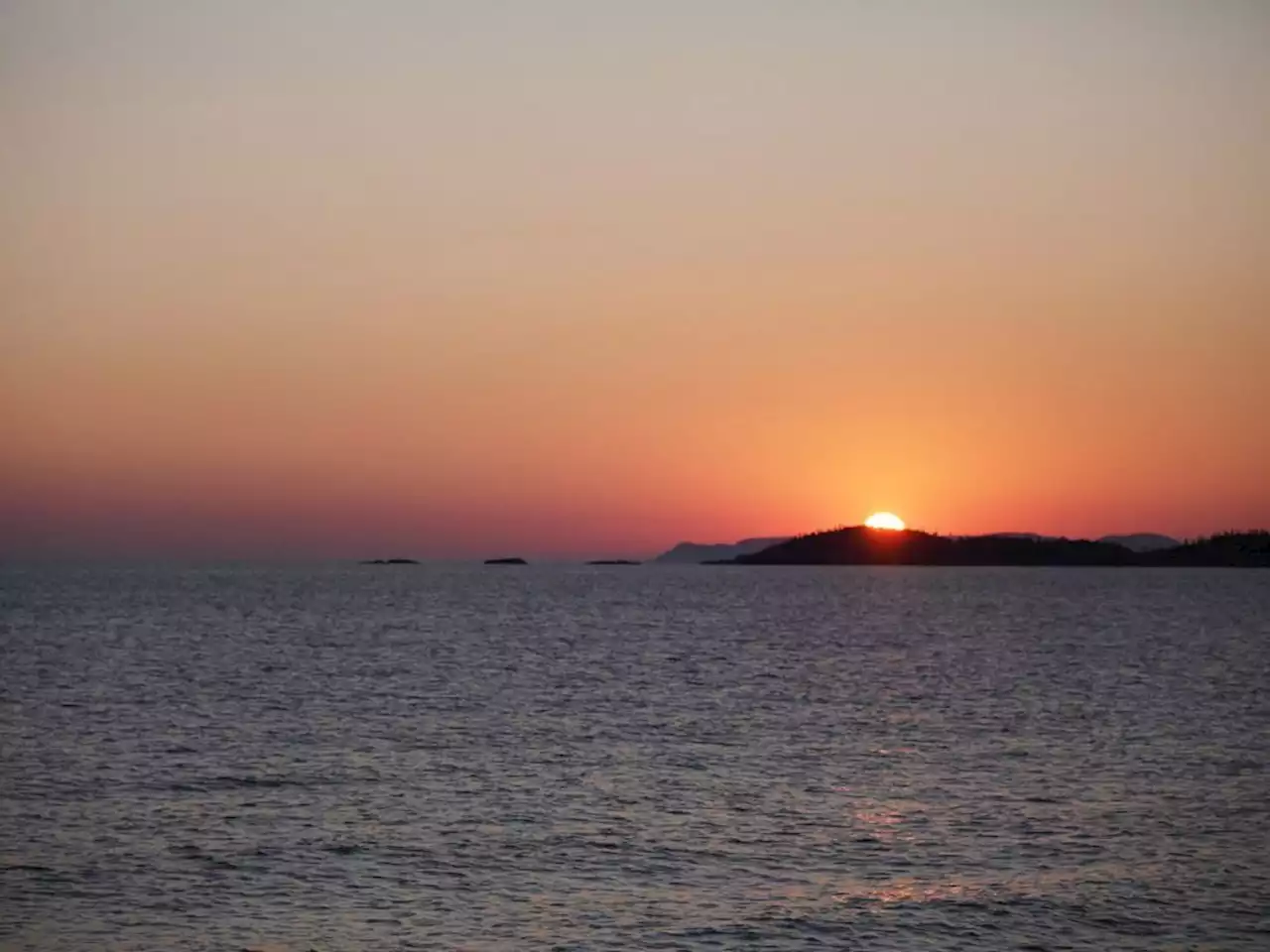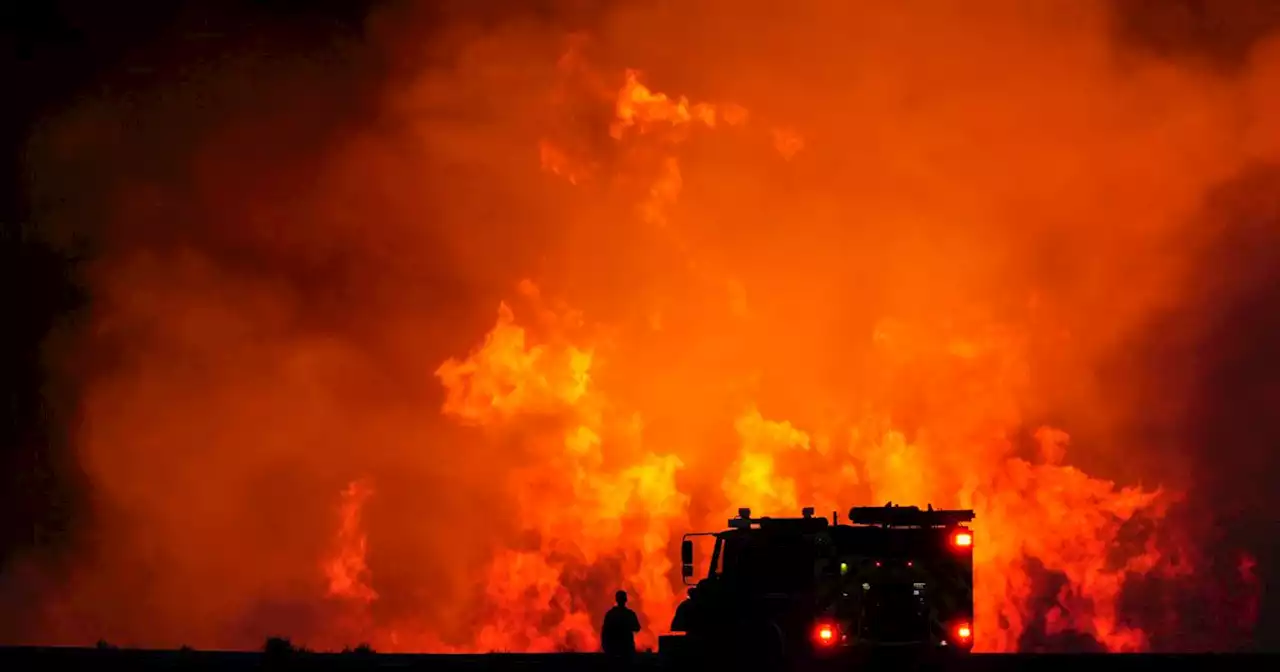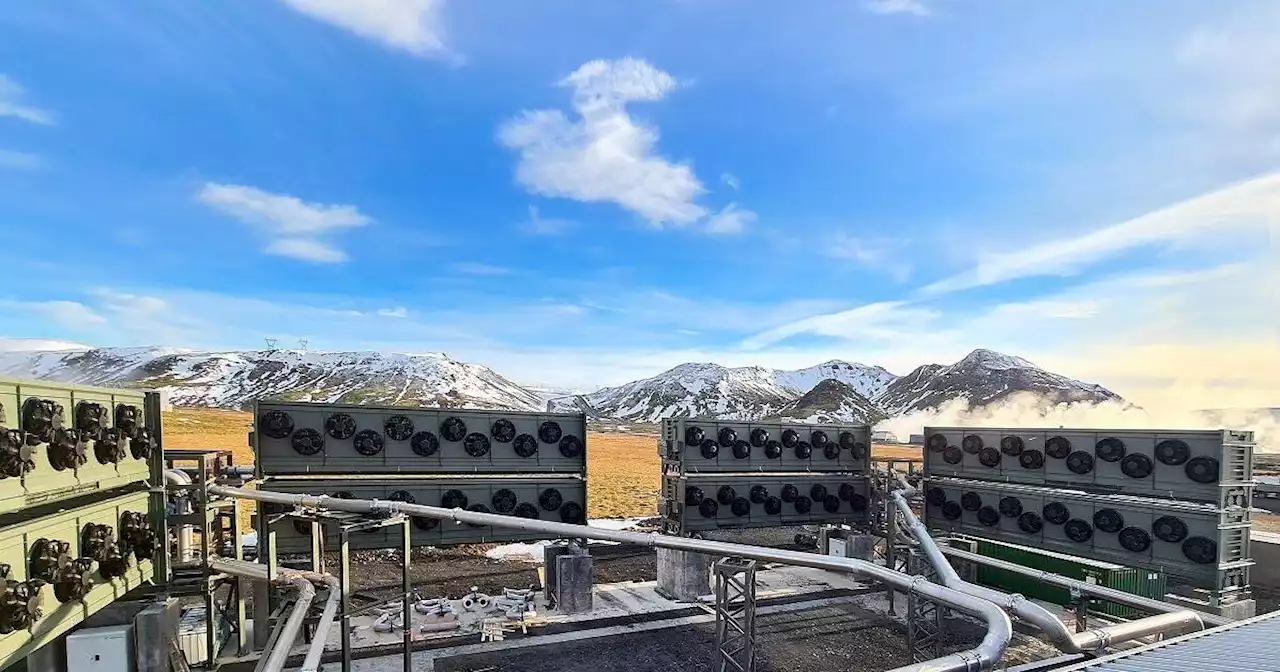From the Archives: As erosion and rising waters threaten the Sundarbans, an anthropologist advocates for new, bottom-up approaches to living in a changing landscape.
The Sundarbans is a region rich in biodiversity. Spread over 10,000 square kilometers in two countries—India and Bangladesh—it is the world’s largest contiguous mangrove forest. The area’s mudflats, forests, river islands, channels, and estuaries are home to more than 1,000 species of plants and animals.
Megnaa Mehtta, an environmental anthropologist at the Sheffield Institute for International Development, first met Mondal in 2015 while doing her graduate fieldwork in the area. During Mehtta’s time in the Sundarbans, she listened to many voices like Mondal’s. She learned about their challenges and hopes, the smartphones they wished to buy, the houses they were hoping to build, and their intimate, romantic lives.
Mehtta is one of several scholars who believe there are other approaches possible—provided nations begin listening to the local people along with experts and scholars from the region. Hidden within the stories of Mondal and others living in the Sundarbans, she argues, are lessons about climate resilience that could have global implications.People have been living in the Sundarbans for centuries.
But, Bhattacharyya says, British colonial administrators looked at land and water as discrete physical and legal entities. They tried to fix land in a fluid landscape. His experience contrasted sharply with that of the family of crab collectors who were hosting Mehtta. Their home was on a river’s edge. There, Mehtta and her host had to place pots in strategic locations to catch water leaking from the roof.Though the movement of silt and water in the Sundarbans means the landscape is always in flux, climate change has tipped the balance such that erosion is winning out over the process of adding sediment to create land.
During the rainy season, the elevated riverbed worsens the impact of floods. “The Mekong River and the Mississippi are facing similar challenges,” Bhattacharyya adds. Mehtta notes that village administrations have convinced many locals of the advantages of concrete embankments. Mondal, for instance, is in favor. However, in the aftermath of Cyclone Amphan, Mehtta found that some villagers were beginning to observe how concrete causes more damage than older embankment constructions made of mud and bamboo.
“We need to rethink who is an expert,” Bhattacharyya says. “Is it the civil engineer who has not formally learned about river systems or the local who is attuned to the mobility of river and water through his language and knowledge systems?” There is no social security net for the people of the Sundarbans if they are asked to leave the land. “Where are they going to go?” Mehtta asks. “Where will millions of people suddenly find a place to live?”
Norge Siste Nytt, Norge Overskrifter
Similar News:Du kan også lese nyheter som ligner på denne som vi har samlet inn fra andre nyhetskilder.
 Opinion | The Future of the Planet Is in Our Hands—Effective Activism Is Essential'Building long-term progressive power is key to bringing into force a comprehensive climate change policy.'
Opinion | The Future of the Planet Is in Our Hands—Effective Activism Is Essential'Building long-term progressive power is key to bringing into force a comprehensive climate change policy.'
Les mer »
Australian scientists hope grim new environmental assessment will spur government actionAustralian scientists are hopeful that a dire new assessment of the country’s environment will prompt the recently elected government to act.
Les mer »
 Research survey finds Canadian lakes in increasingly hot water over climate change.Canadian lakes are in hot water over climate change, a new research survey has concluded.
Research survey finds Canadian lakes in increasingly hot water over climate change.Canadian lakes are in hot water over climate change, a new research survey has concluded.
Les mer »
 Three Theories on Joe ManchinOn today’s What Next, Joe Manchin keeps pulling the football away, but Dems can’t afford to stop kicking.
Three Theories on Joe ManchinOn today’s What Next, Joe Manchin keeps pulling the football away, but Dems can’t afford to stop kicking.
Les mer »
 Josh Fisher: Utahns have an untapped advantage in the fight against climate changeJosh Fisher: 'My hope is... that we lean into this awareness. Let it awaken you. Let it radicalize you. Just whatever you do, please don’t avert your gaze.'
Josh Fisher: Utahns have an untapped advantage in the fight against climate changeJosh Fisher: 'My hope is... that we lean into this awareness. Let it awaken you. Let it radicalize you. Just whatever you do, please don’t avert your gaze.'
Les mer »
 How not to solve the climate change problemA climate scientist looks at what works to fight climate change and some popular ideas that aren’t as cheap or effective as people hope.
How not to solve the climate change problemA climate scientist looks at what works to fight climate change and some popular ideas that aren’t as cheap or effective as people hope.
Les mer »
